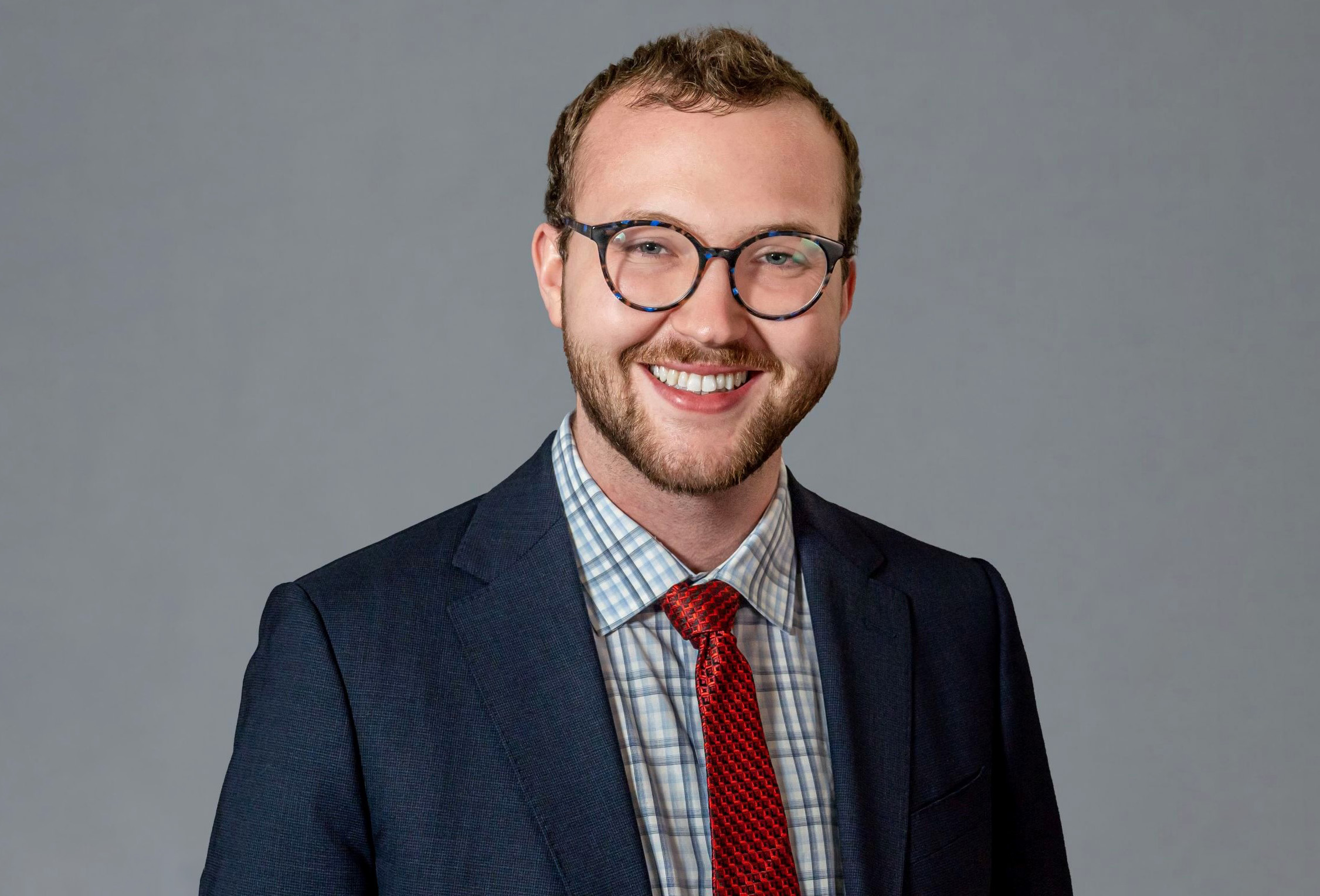
SOM Student Publishes on New Cancer Treatments in Nature
The Studies Published in the Prestigious Journal Focus on Treatments for Acute Myeloid Leukemia and Improved Outcomes in Stem Cell Transplantation

Harry Fruchtman, SOM Class of 2025, has long planned a career in researching and caring for patients afflicted by malignant hematological disorders. Demonstrating remarkable initiative, he is already making a significant impact with two publications in the highly prestigious journal Nature: Leukemia, all while pursuing his medical studies.
Isocitrate dehydrogenase (IDH) inhibitors — a newly FDA-approved therapy for acute myeloid leukemia (AML) containing IDH mutations — were the focus of a study Fruchtman lead authored and conducted with the leukemia research team at Mount Sinai Hospital in New York City, while the second study focused on improving stem cell transplantation success, which was the result of Fruchtman’s summer research fellowship at the Weizmann Institute of Science in Israel.
“Therapies for AML, a heterogeneous disease with different subtypes that can be caused by a combination of mutations, are moving to a personalized approach to specifically target mutated genes and their proteins,” said Fruchtman, who worked on the study with Nicole Brennan, SOM Class of 2025. “Our review paper analyzed the current clinical data available for the three FDA-approved IDH inhibitors for AML and how they can best treat patients with IDH mutated AML.”
“While many of the large studies conducted used a standard of care that is no longer in use making it difficult to determine the efficacy of IDH inhibitors and the only IDH2 inhibitor, Enasidenib, demonstrated limited survival benefit, IDH inhibitors are a promising avenue to provide personalized care and with more research will hopefully lead to improved outcomes for patients with AML.”
For patients undergoing stem cell transplantation, the mobilization of hematopoietic stem cells from the bone marrow to the peripheral blood to allow collection is a critical step. However, some patients do not adequately respond to granulocyte colony-stimulating factor (G-CSF), a natural compound given to patients to mobilize their stem cells.
In the second study, Fruchtman and the Weizmann researchers found that lactate played a pivotal role in the stem cell mobilization induced by G-CSF and decreased levels of lactate, which may explain why some patients respond poorly. “Our hope is that lactate could be used to determine which patients may respond poorly before G-CSF is given and that boosting lactate levels may increase the number of stem cell mobilized and thus permit stem cell transplantation. This data opens a new door in stem cell transplant research."

